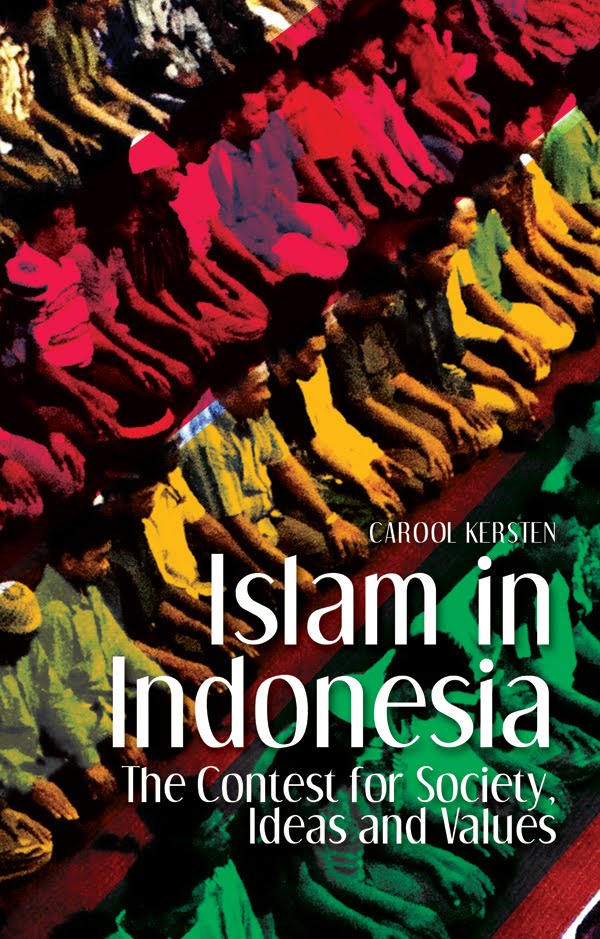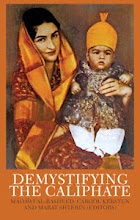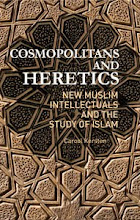Perhaps it would be better if the country were named ‘Persia’ again',* because it might help raising other people’s awareness of its ancient cultural legacy. When, in the seventh century CE, Islam took a foothold in the region, Persians quickly occupied influential positions because they possessed the skills which were in short supply among the Arabs who initially controlled the new empire. When the Abbasid caliphate replaced the Umayyad Dynasty of Damascus, Persians began pouring into the state administration and education system. Their cultural influence radiated far beyond present-day Iran into Central Asia and what are now Pakistan and Northwest India. Until the middle of the nineteenth century, Persian was the court language of the Mughal emperors.
The Persians' cultural resilience is exemplified by the fact that they managed to retain their own language even after Islamization, in contrast to, for example, the Egyptians and Syrians who became more thoroughly Arabized. Some of the finest Islamic poetry of Islamic world was written in Persian. Through translation, poets like Attar, Hafiz, and Rumi (or Jalal al-Din al-Balkhi as the Persians call him) have even become household names in the West. But also famous medieval Islamic scholars addressing wider audiences in Arabic, like Ibn Sina (Avicenna) and al-Ghazali, came from the Persianate world.
Present-day Iranians (Persians) are not only well aware of this legacy, but take an active interest in preserving it and keeping it alive. Whenever I meet Iranians they never fail to impress me with their erudition. At a conference in Indonesia I met a man who in his daily life worked as an administration manager at an oil refinery in Southern Iran, but whose real passion was literature. Equally at home in classical Persian poetry and modern prose, as well as Western writings, he quoted from Bertold Brecht and Joseph Conrad. Although he claimed that his superior at work was a grim and dour member of the 'mullahcracy', the latter nevertheless was generous enough to give him time off to attend conferences around the world and always eager for stories from the outside when he returned.
 |
| Kader Abdolah |
 |
| Abdolkarim Soroush |
More recently, I came across the writings of Ramin Jahanbegloo. A cousin of Seyyed Hossein Nasr, Jahanbegloo studied philosophy at the Sorbonne and spent many years teaching in Toronto, until he returned to Iran, accepting a post as head of the Contemporary Philosophy Department of the Cultural Research Center in Tehran (2001-2006). During this time he wrote a book on intellectual life in Iran, entitled Iran: Between Tradition and Modernity
 |
| Ramin Jahanbegloo |
Jahanbegloo made name as the one who managed to bring thinkers like Richard Rorty, Antonio Negri, and Michael Ignatieff to Tehran. He also published books of his conversations and interviews with Isaiah Berlin and Ashis Nandy, and written about Indian thought, Gandhi, and the doctrine of nonviolence. Certainly a man to watch.






